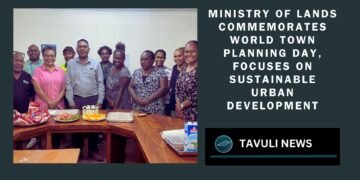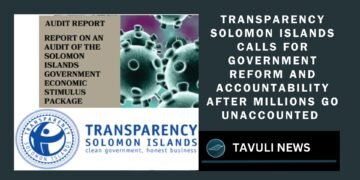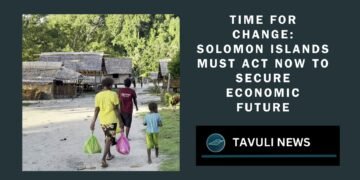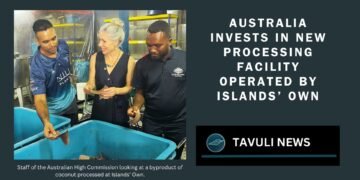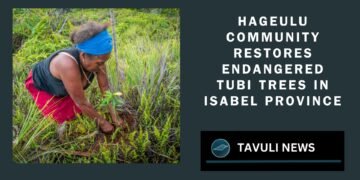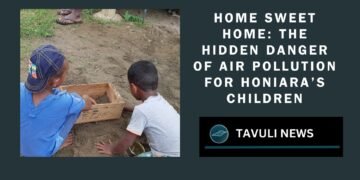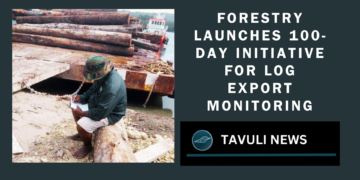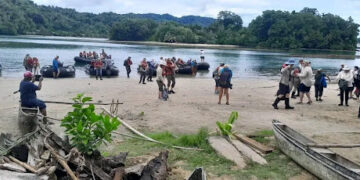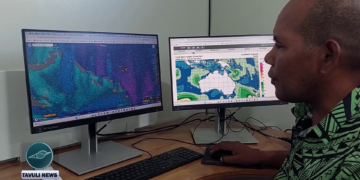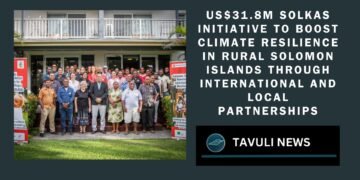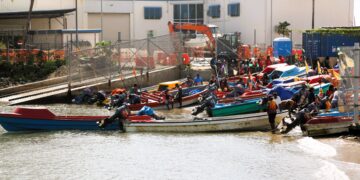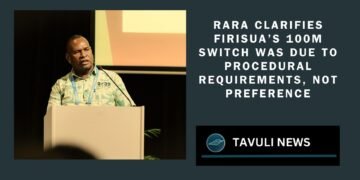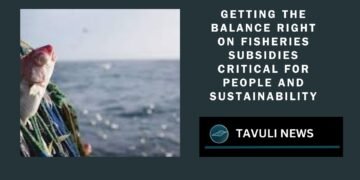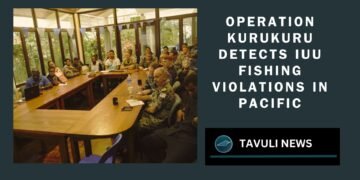A new initiative to support and strengthen the kava and coconut industries in Vanuatu and Papua New Guinea, respectively, is being launched this week by SPC, in partnership with the International Trade Centre (ITC)
Last month, SPC and ITC carried out preliminary visits to Vanuatu and Papua New Guinea to kick-start the project ‘ACP- Business Friendly: Supporting value chains through inclusive policies, investment promotion and Alliances’ (ACP BF) activities in the region. The ACP BF is implemented by SPC and ITC and funded by the European Union (EU) and the Organization of African, Caribbean and Pacific States (OACPS).
The project draws on a holistic approach, working at the farm level to build skills and knowledge and promote sustainable production practices that will help farmers absorb economic shocks, as well as help attract investments.
The SPC and ITC team met with kava stakeholders, private sector partners and farmers in Vanuatu to learn about the kava industry and needed areas of support. Following the Vanuatu visit, the team toured Papua New Guinea’s East New Britain Province to meet coconut industry stakeholders and farming communities. The PNG trip was in collaboration with the Kokonas Indastri Koporesen (KIK).
“At the micro level, the programme facilitates productive and commercial value chain alliances and provides firm-level support to MSMEs through capacity building and training to strengthen and diversify their productive and value addition capabilities,” said Sadiq Syed, ITC Programme Manager, EU-ACP Business Friendly. “The initial project activities looked at engaging with the farmers, the farming communities, the private sector and stakeholders, who are the foundations and experts in their commodities in the region. This is the first step in identifying gaps and finding areas and opportunities to grow the industry and open access to more global markets.”
Although the project will primarily be focused in Vanuatu and PNG, there will be support opportunities for the wider Pacific region under the Regional Engagement Window of the Programme.
“Coconut and kava are highly significant commodities in the Pacific region, culturally, socially and economically,” said SPC Land Resources Division Director Karen Mapusua. “They are abundantly used in our everyday life, from consumption to cultural events, and yield great potential for local and overseas markets.”
The project is already implemented in 10 African and Caribbean countries, including; Cameroon, the Democratic Republic of the Congo, Benin, the Dominican Republic, Ghana, Jamaica, Kenya, Liberia, Burkina Faso and Zambia.
ACP BF is scheduled to run from 2019 to 2024 and supports five value chains, including Cocoa, Coffee, Coconuts, Cotton and Kava in ACP countries, ACP regional economic communities (RECs), national investment promotion agencies (IPAs) and institutions (IPIs), ACP national investment climate reform bodies, regional private sector development organisations and associations, and ACP agriculture value chain actors alongside SMEs.
Source: SPC




